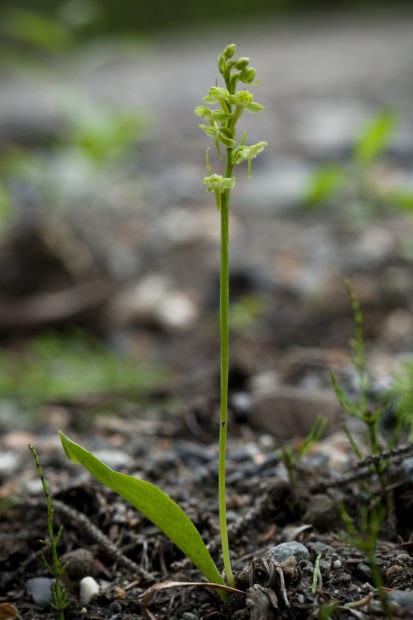Mosquitoes, often seen as nothing more than irritating pests, actually play a vital role in various ecosystems. While their bites can be annoying and even transmit diseases, understanding their ecological importance offers a different perspective on these tiny creatures. This article explores the often-overlooked benefits of mosquitoes in the natural world.
Beyond the Bite: Mosquitoes as Pollinators
Contrary to popular belief, mosquitoes don’t primarily feed on blood. Their main source of sustenance is flower nectar. As they move from flower to flower, collecting this sweet liquid, they inadvertently transfer pollen, facilitating plant fertilization and reproduction. Much like bees and butterflies, mosquitoes contribute to the pollination process, ensuring the survival and diversity of plant life. Only female mosquitoes require a blood meal, and this is solely for the protein necessary for egg development. Male mosquitoes remain dedicated nectar feeders throughout their lives.
The blunt-leaf orchid relies on mosquitoes for pollination.
A Vital Link in the Food Chain: Mosquitoes as Prey
Mosquitoes, in both their larval and adult stages, serve as a critical food source for a wide array of animals. From dragonflies and fish to bats, birds, and even some species of spiders, mosquitoes provide essential nutrients for these predators. Hummingbirds, for instance, rely heavily on small insects like mosquitoes as a primary source of protein. The disappearance of mosquitoes would disrupt the delicate balance of these ecosystems, potentially leading to population declines in various species that depend on them for survival.
Mosquito Control: Balancing Needs
While mosquito control is often necessary to protect human health, it’s crucial to adopt methods that minimize harm to other wildlife. Broad-spectrum pesticides can have devastating effects on beneficial insects like bees and butterflies, as well as other animals that rely on insects for food. Targeting mosquito larvae, rather than adults, is a more effective and environmentally friendly approach to population control. Simple measures like eliminating standing water where mosquitoes breed can significantly reduce their numbers without resorting to harmful chemicals.
Mosquitoes are an important food source for hummingbirds.
The Bigger Picture: Recognizing the Importance of Mosquitoes
While mosquitoes can be a nuisance, they are integral components of complex ecosystems. They contribute to plant reproduction through pollination and sustain various animal populations as a valuable food source. Understanding their ecological roles allows us to appreciate the interconnectedness of nature and make informed decisions about mosquito control that minimize negative impacts on the environment and other wildlife. Recognizing the need for mosquitoes encourages a more balanced approach to coexisting with these often-misunderstood creatures.
